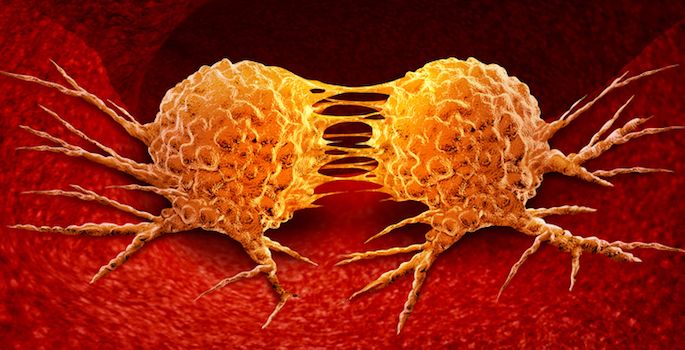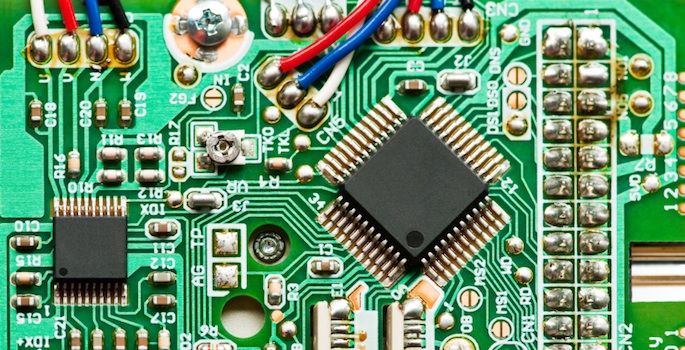Michael King
-

CLASS OF 2024: Schyler Rowland finds a home in the lab, collaborating to fight diseases
WATCH: Learn how biomedical engineering major Schyler Rowland says mentors have inspired her future in fighting diseases Read MoreMar 1, 2024
-

Michael R. King named National Academy of Inventors Fellow
Vanderbilt University engineering professor Michael R. King has been elected a fellow of the National Academy of Inventors. The NAI Fellows Program recognizes academic inventors who have created or facilitated outstanding inventions that make a tangible impact on quality of life, economic development, and the welfare of society. Election to NAI Fellow is the highest... Read MoreDec 8, 2022
-

Cellular soldiers designed to kill cancer cells that get loose during surgery, stop metastasis
Cellular soldiers created using the body’s own defenses can track down and kill escaping cancer cells during surgeries, preventing metastasis and saving lives, a Vanderbilt University biomedical engineer has discovered, particularly in cases of triple negative breast cancer. Michael King, J. Lawrence Wilson Professor of Engineering and chair of the biomedical engineering department, and his... Read MoreJul 24, 2019
-

Cellular soldiers designed to kill cancer cells that get loose during surgery, stop metastasis
Cellular soldiers created using the body’s own defenses can track down and kill escaping cancer cells during surgeries, preventing metastasis and saving lives, a Vanderbilt University biomedical engineer has discovered, particularly in cases of triple negative breast cancer. Read MoreJul 24, 2019
-

Graduate student lead author of study of electron particles that can zap technology
A paper first-authored by Vanderbilt graduate engineering student Michael King concludes that electronics designed to operate with ultra-low power likely will exhibit high sensitivity to electron-induced single-event upsets due to interference from solar flares, cosmic rays and the like. Read MoreJan 15, 2014